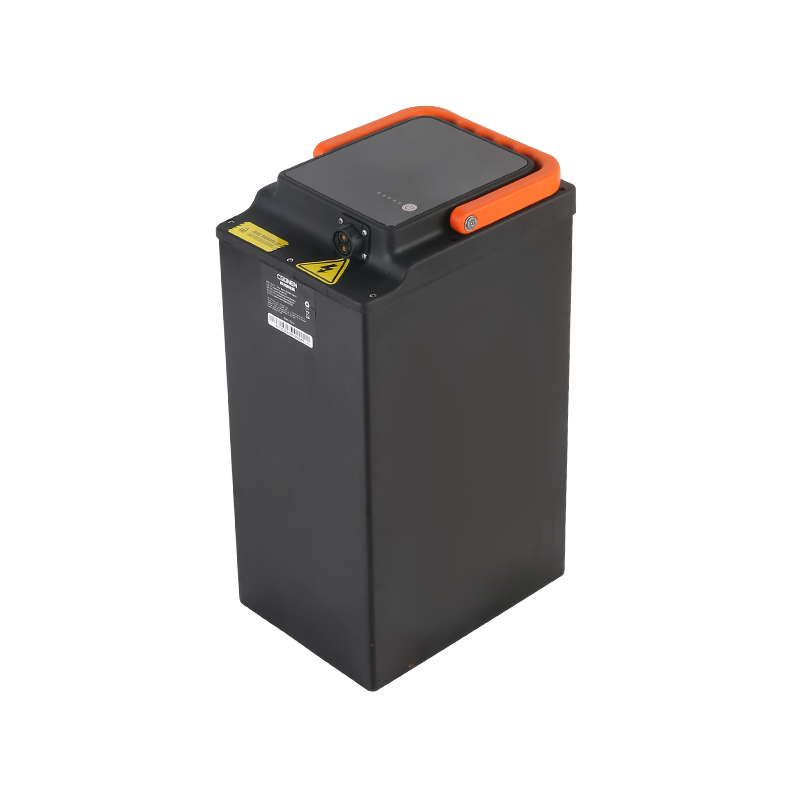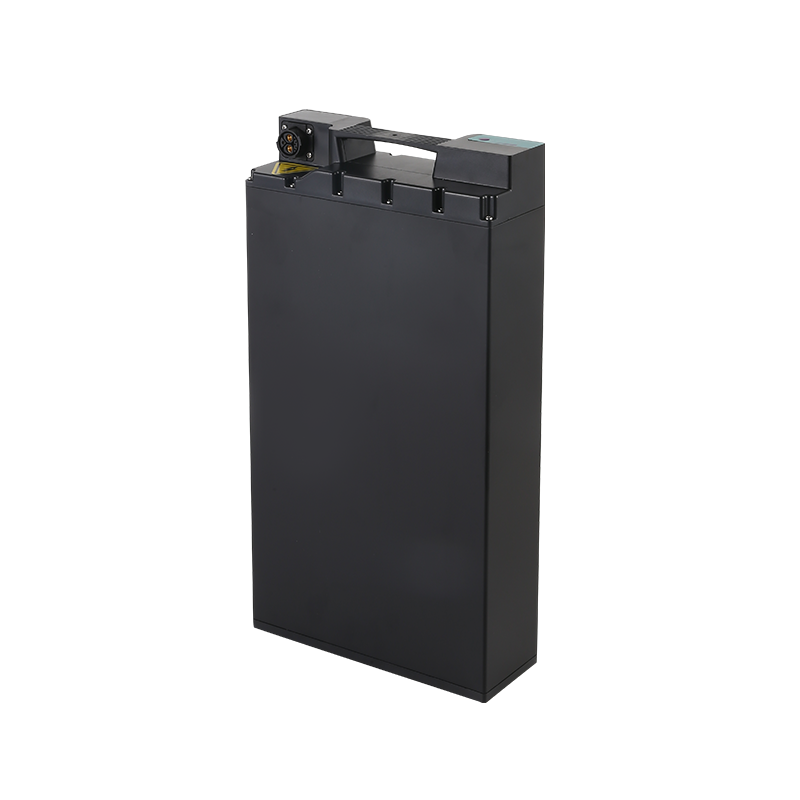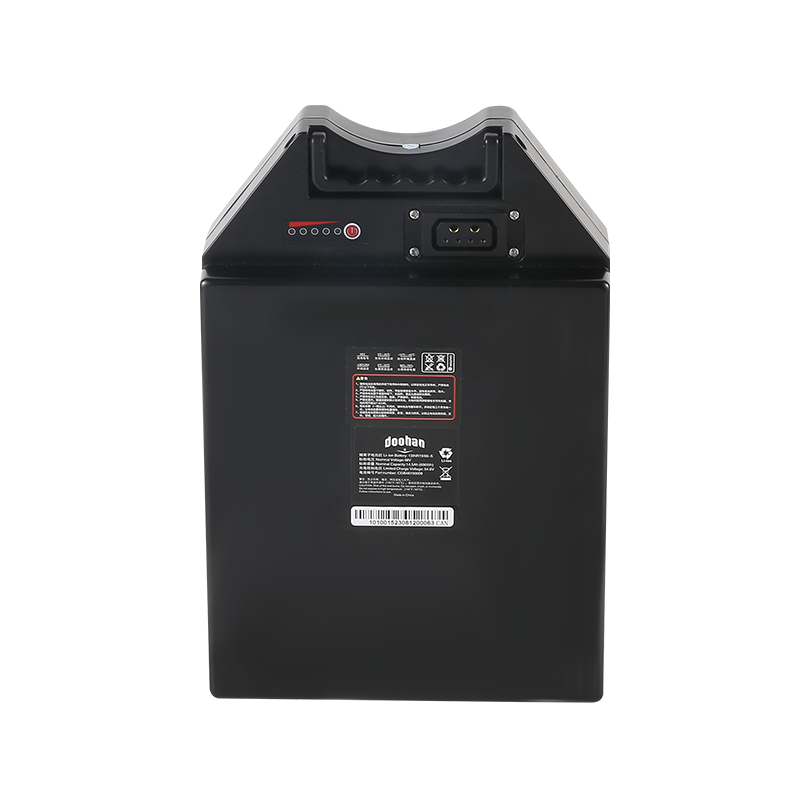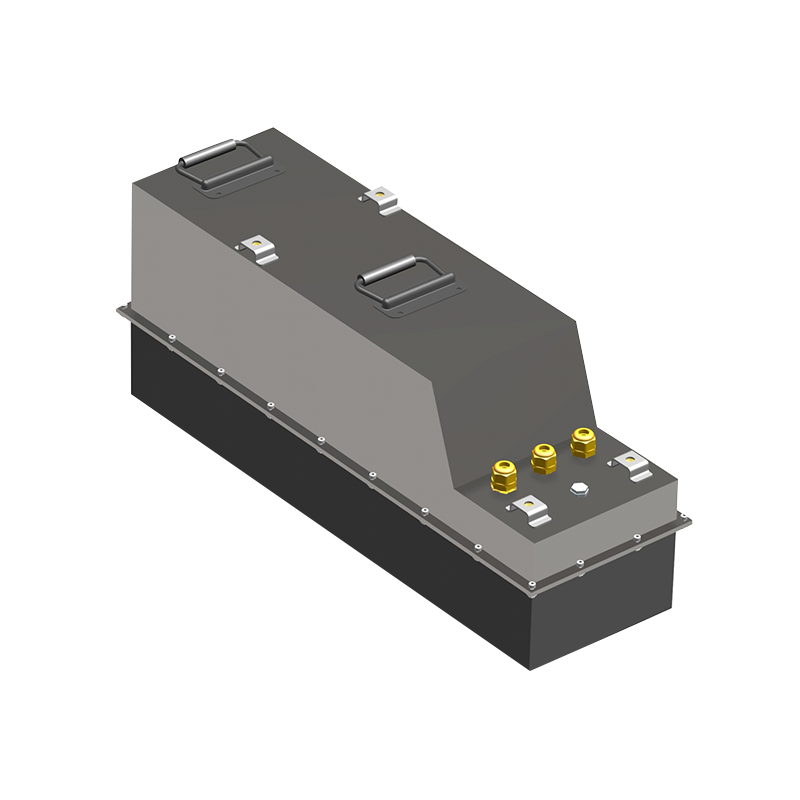Web Menu
Product Search
Exit Menu
Structure, Benefits, and Applications of Cylindrical Cell Module
Wholesale Cylindrical Cell Module Exporter Manufacturer
The cylindrical cell module is a crucial component in modern battery technology, widely used in various applications, from electric vehicles (EVs) to energy storage systems. This module consists of cylindrical-shaped cells that are arranged and connected in a structured manner to form a larger power source. The design of the cylindrical cell module offers several advantages, including compactness, efficiency, and ease of maintenance.
A cylindrical cell module typically consists of several individual cylindrical cells arranged in a specific pattern within the module casing. These cells are usually lithium-ion or other types of rechargeable batteries, depending on the intended application. The cells are connected in series or parallel to achieve the desired voltage and capacity.
The cylindrical shape of the cells is a key design feature. It allows for efficient use of space and enables easy stacking or arrangement of the cells within the module. Additionally, cylindrical cells are known for their mechanical robustness, which ensures better safety and durability compared to other cell shapes, such as pouch or prismatic cells.
One of the more significant benefits of cylindrical cell modules is their ability to provide high energy density. This makes them ideal for applications where space is limited, such as in electric vehicles or portable energy storage devices. The cylindrical shape allows for a more efficient arrangement of cells, big the energy storage capacity within a given volume.
Another advantage is the modular nature of cylindrical cell modules. Because the cells are connected in a series or parallel configuration, it is relatively easy to scale up or down depending on the power requirements. If a larger energy capacity is needed, more cells can be added, while smaller configurations can be created for less demanding applications. This flexibility makes cylindrical cell modules suitable for a wide range of industries, from automotive to renewable energy.
The cylindrical cell design also offers enhanced thermal management. Proper heat dissipation is essential in high-performance batteries to avoid overheating and potential damage. The cylindrical cells are designed to have uniform heat distribution, which helps in maintaining ideal operating temperatures during charging and discharging cycles.
Cylindrical cell modules are more commonly found in electric vehicles, where they serve as the primary energy source. EV manufacturers prefer cylindrical cell modules due to their high energy density and mechanical stability, which are essential for powering the vehicle's motor and ensuring long driving ranges on a single charge. The modules can be easily scaled to meet the specific energy needs of different EV models, providing flexibility in design and performance.
In addition to electric vehicles, cylindrical cell modules are widely used in stationary energy storage systems. These systems store energy generated by renewable sources, such as solar or wind, for later use. By using cylindrical cell modules, these energy storage systems can store large amounts of electricity efficiently, contributing to a more sustainable energy grid. The modularity of cylindrical cells also makes it easier to scale these systems to meet the demands of various applications, from residential to commercial use.
Cylindrical cell modules are also utilized in consumer electronics, such as laptops, power tools, and e-bikes. Their compact size and high capacity make them ideal for powering portable devices that require reliable, long-lasting power sources.
Cylindrical cell modules are an integral part of the energy landscape, offering a range of benefits, including high energy density, modularity, efficient thermal management, and long cycle life. These advantages make cylindrical cell modules ideal for applications in electric vehicles, renewable energy storage, and consumer electronics.
-

+86-13049701086
-

Stonehuang@CGONEN.com
-

No.88, Huji Road, Taizhou Bay Binhai New Area, Jiaojiang District, Taizhou City, Zhejiang Province, China











